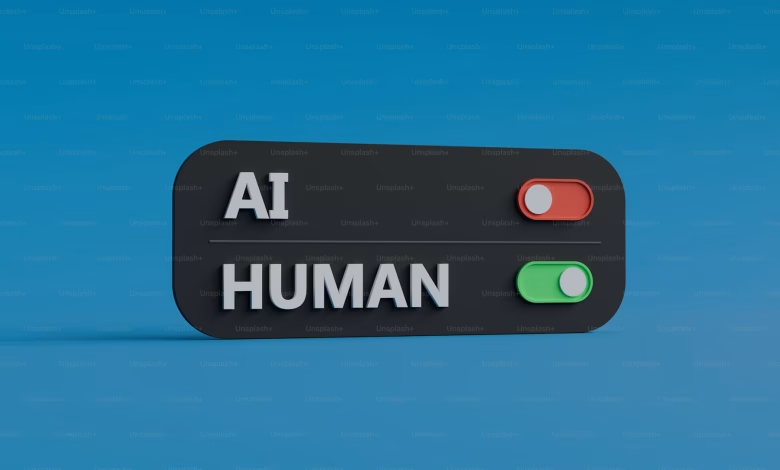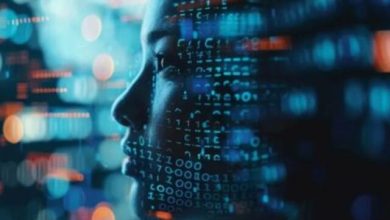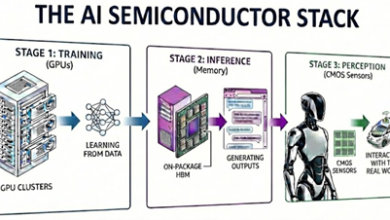
Artificial Intelligence (AI) has become part of almost every industry. From apps that suggest music to advanced systems that analyze complex data, the influence of AI is growing. But with growth comes a question: will technology serve people, or will it replace them? This debate matters most in areas where human connection, fairness, and trust are at the center. Law, counselling, and betting each offer lessons on how AI should be guided by human values, not the other way around.
The challenge is not just what AI can do, but how it should be used. People want efficiency, but they also want compassion, dignity, and fairness. A machine can calculate odds or scan a legal file in seconds, yet people rely on professionals for emotional support and moral direction. When AI and humanity meet, the balance must tilt toward serving people. These industries show that progress does not mean losing human touch, but strengthening it with smarter tools.
Technology as a Partner, Not a Replacement
AI has already proven its strength in processing data and spotting patterns. In the world of betting, algorithms can monitor activity in real time and reduce the risk of fraud. In legal practice, AI can dig through decades of case law and highlight relevant points within minutes. In counselling, AI can track client progress, identify risk factors, and even suggest exercises. These are powerful benefits that save time and improve results. Still, the fear of replacement lingers. People wonder whether machines will take over the roles that require empathy, judgment, and fairness.
Padito Linkero, Founder, Padibet, explains how he addressed this concern. “When we built our betting platform, we wanted technology to support fairness, not replace human oversight. AI now reviews thousands of bets each second, which protects our players from errors and fraud. But what makes people stay is knowing we are still accountable as a team. By combining machine accuracy with human judgment, we cut disputes by 40 percent while building real trust with our users.”
This example shows that AI can improve trust when it is designed to empower people. By serving as a partner rather than a replacement, technology creates a safer and more reliable experience.
The Role of Human Judgment in Law
In the legal field, trust is critical. Clients turn to lawyers not only for knowledge but also for reassurance and advocacy. AI can certainly speed up research, scan records, and provide insights that no single person could manage alone. However, it cannot replace the ethical compass and personal connection that define a lawyer’s role. A trial or immigration case is not just about facts, it is about a person’s future. That future requires more than numbers; it requires empathy, wisdom, and commitment.
Ramiro Lluis, Attorney, Lluis Law, shares how he integrates AI into his practice. “I have practiced law for nearly fifty years, and I have seen tools evolve from paper files to digital records, and now to AI research systems. These tools help me find details that could shift a trial or protect a client’s future. Yet, my clients never ask me what software I used; they ask whether I understand their fears and whether I will stand with them in court. Technology supports me, but human trust is always at the center.”
The lesson is clear: AI can strengthen a lawyer’s ability to advocate but cannot replace the role of a trusted advisor. Clients want both accuracy and compassion, and only the human element can provide both.
Compassion Cannot Be Automated
Perhaps nowhere is the difference between AI and humanity more visible than in counselling. Digital tools can track progress and even predict risks, but healing requires human presence. People dealing with trauma, grief, or anxiety need more than a data chart. They need to feel understood, supported, and safe. AI can serve as a tool for organization, but compassion cannot be automated.
Amy Mosset, Founder, Interactive Counselling, describes how her team balances this relationship. “Our clients often come to us when they feel lost or overwhelmed. AI helps us by flagging important patterns and supporting us with structure, but the breakthroughs always come from human connection. I have seen people transform when they realize they are truly heard. For us, AI is a tool that helps us focus more energy on what matters most: compassion, growth, and resilience.”
Counselling reminds us that while technology can guide, only people can comfort. The trust built between a client and a counsellor cannot be replaced by an algorithm.
Shared Lessons Across Industries
At first glance, betting, law, and counselling appear unrelated. But they share the same lesson: technology works best when it empowers humans rather than replacing them. In betting, AI improves fairness but still relies on oversight. In law, AI strengthens research but leaves judgment to lawyers. In counselling, AI tracks progress but leaves healing to people. These industries highlight the same truth: sensitive decisions require human trust, and AI should be designed to serve that trust.
When AI becomes a supportive partner, it increases confidence in both the system and the professional behind it. Clients, players, and patients are more willing to embrace technology when they see that it makes human care stronger, not weaker. Each industry shows that the goal is not to remove humanity but to enhance it.
Looking Ahead: A Future of Partnership
The future of AI will be shaped by how people choose to use it. If technology is designed to replace humans, it will meet resistance and fear. But if it is created to empower professionals and strengthen trust, it will become an accepted part of sensitive fields. Already, we see platforms cutting disputes, lawyers winning more cases, and counsellors offering better care with the help of AI. What connects all these examples is not the machine, but the people guiding it.
We may see AI predicting legal outcomes with greater accuracy, preventing fraud before it happens in betting, or identifying mental health risks before they grow serious. Yet no matter how advanced the systems become, people will still turn to human professionals for reassurance, empathy, and fairness. Trust will always come from the human spirit. AI should remain a powerful partner, not a substitute.
Conclusion: Keeping Humanity at the Center
The rise of AI is not about machines replacing people. It is about machines helping people do their jobs better. Betting shows us that fairness improves when AI supports human oversight. Law shows us that justice depends on both data and moral guidance. Counselling shows us that healing requires empathy no program can provide. The lesson is simple: when AI meets humanity, technology should serve people, not replace them.
If this balance is maintained, the future of AI will be one of partnership. Together, humans and machines can build systems that are not only powerful but also deeply trusted.


